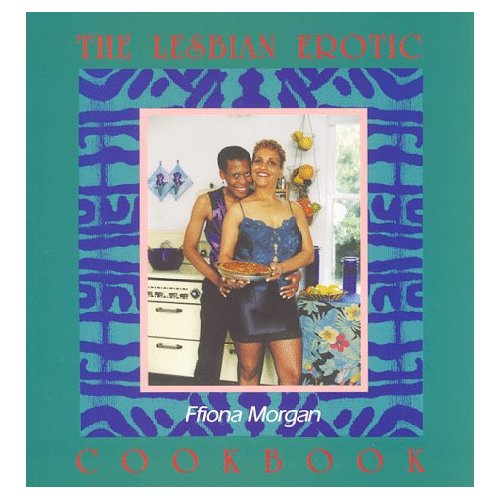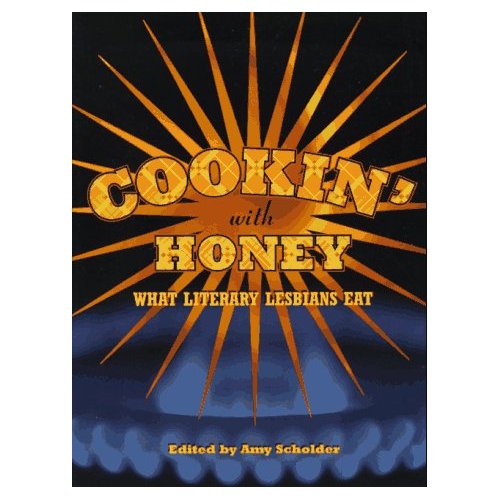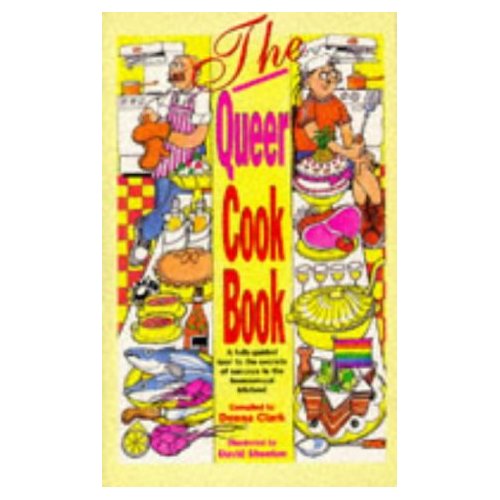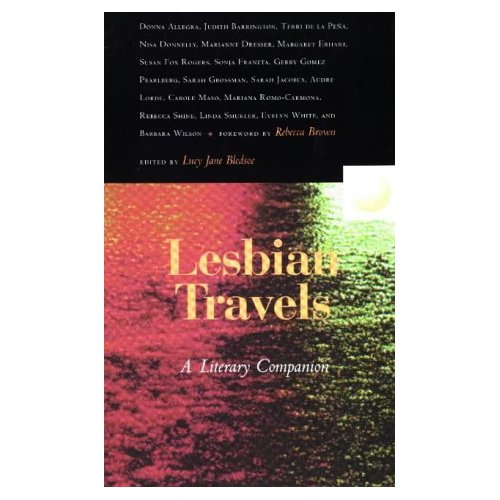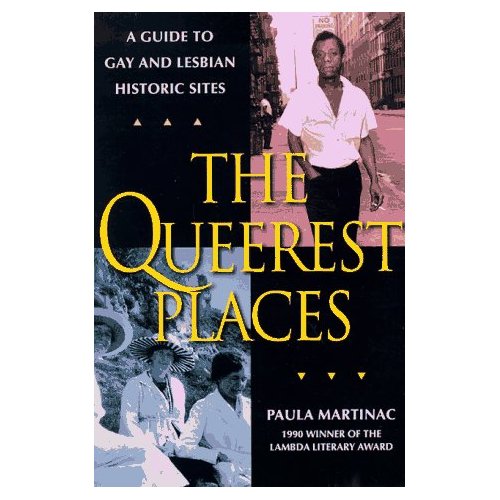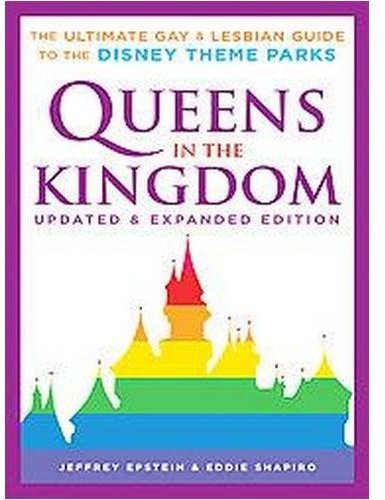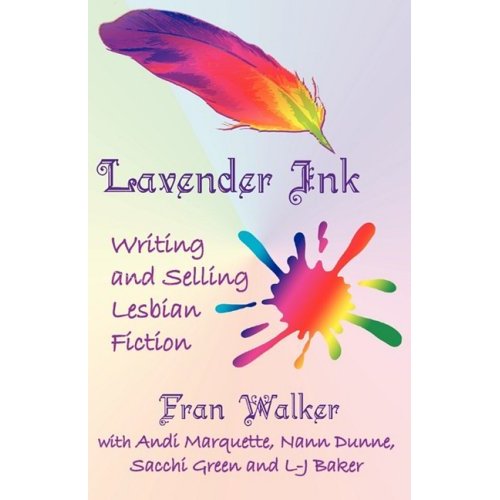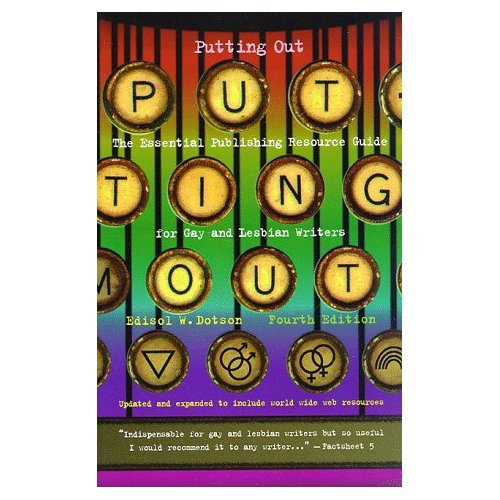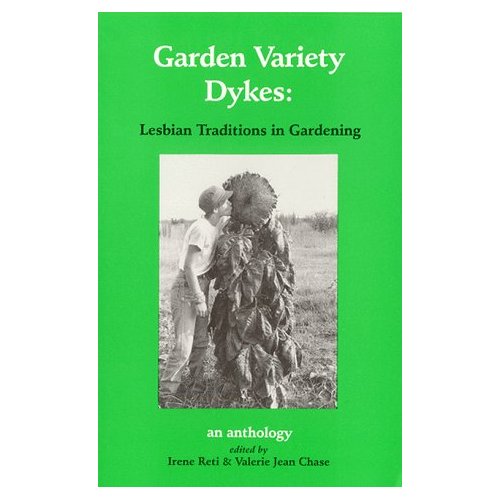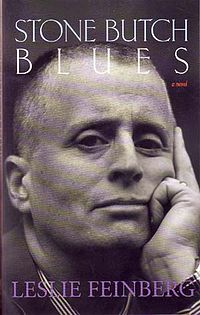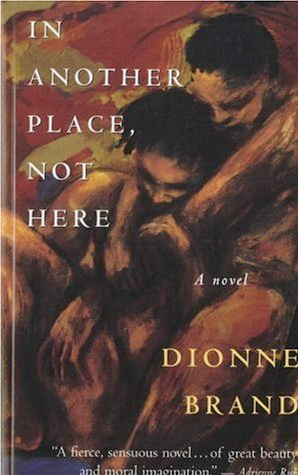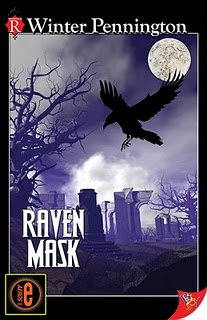The big les/bi/etc lit news of the week is the Washington Blade article, “Publishers ignoring lesbian writers.” Go! Form an opinion!
The BookDyke posted How I discovered lesbian fiction.
Elisa posted LGBT Ebook and Print Releases June, 2011 and Rainbow Awards: Current Submissions 81-90.
Lambda Literary posted
- 2011 Emerging Writers Retreat Fellows
- Book Buzz #31: July 2011
- New in July: Bil Wright, Geoffrey Knight, Tenea D. Johnson & Doris Langley Moore
- The Lesbian and Bisexual Literary Showcase at Bluestockings
- Susie Bright: Mapping the Erotic and the Revolutionary
prettyqueer posted The Calling of the Goddess: Queer Feminist Magic and My Writing Practice (by Amber Dawn).
Readings in Lesbian and Bisexual Women’s Fiction posted Readings with Lori Lake and Readings with Baxter Clare.
“Standing Up To Be Counted” was posted at Red Room.
“Zoe Whittall’s Contemporary Queer Fiction List” was posted at Canadian Bookshelf.
Ivan Coyote posted a new article, “I will,” at Xtra.
Andi Marquette posted JD Glass rocks! And she’s got a new project!
Layce Gardner was interviewed about her book Tats at Tahlequah Daily Press.
Malinda Lo posted .
Rachel Spangler posted GCLS Recap – Day 1.
Sarah Waters was interviewed about the TV adaptation of The Night Watch.
The Promise of Happiness by Sarah Ahmed was reviewed at Lambda Literary.
Queer (In)justice: The Criminalization of LGBT People in the United States edited by Michael Bronski was reviewed at the feminist librarian.
Getting the Mercury Out by Áine Ní Cheallaigh was reviewed at the Rainbow Reader.
Appalachian Justice by Melinda Clayton was reviewed at Bosom Friends: Lesbian Historical Fiction.
Persistence: All Ways Butch & Femme edited by Ivan E. Coyote and Zena Sherman was reviewed at For Books’ Sake.
Loving My Lady by Penelope Friday was reviewed at Bosom Friends: Lesbian Historical Fiction.
Loving Liz by Bobbi Marolt was reviewed at Lambda Literary.
The End by Nora Olsen was reviewed at Stella Matutina.
365 Days by K.E. Payne was reviewed at the Rainbow Reader.
Darkness Embraced by Winter Pennington was reviewed at the BookDyke.
Far from Xanadu by Julie Anne Peters was reviewed at The Novel Nymph.
Deux: The French Kiss Chronicles Book 1 by Em Petrova was reviewed at Loving Venus – Loving Mars.
Desert of the Heart by Jane Rule was reviewed at Red Room.
Sarah, Son of God by Justine Saracen was reviewed at Out in Print Queer Book Review.
It Should Be a Crime by Carsen Taite was reviewed at Loving Venus – Loving Mars.
The River Within by Baxter Clare Trautman was reviewed at the Rainbow Reader.
Hellebore and Rue edited by JoSelle Vanderhooft & Catherine Lundoff was reviewed at the Rainbow Reader.
The Gifted Ones by Lisa Vaughn was reviewed at Bibrary Bookslut.
My West by Patricia Nell Warren was reviewed at Out in Print Queer Book Review.
Oranges are not the Only Fruit by Jeanette Winterson was reviewed at Diva Magazine.

